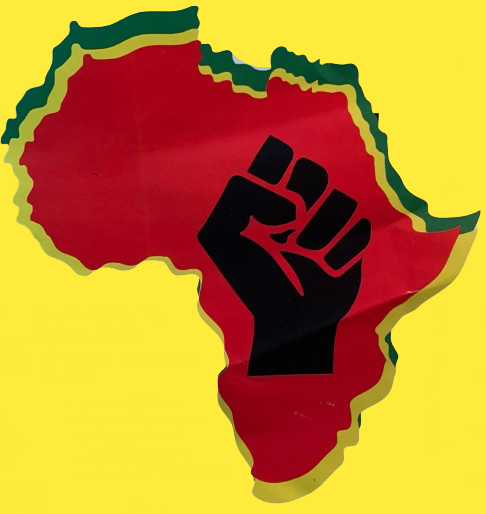Where Did Pan-Africanism Originate? (2025 Guide)
Published by: Infornews | Date: 2025
Introduction to Pan-Africanism
Pan-Africanism is a worldwide movement that aims to strengthen bonds of solidarity between all indigenous and diaspora ethnic groups of African descent. But where did it begin? The origins of Pan-Africanism trace back to the late 19th and early 20th centuries, shaped by the African diaspora—especially those in the Caribbean, United States, and Europe.
1. Roots in the African Diaspora
Pan-Africanism emerged from the experiences of Africans and their descendants who lived outside the African continent, particularly those who faced systemic racism, colonialism, and the legacy of slavery. These communities began to envision a united global identity for African peoples and advocated for their rights and freedom.
2. The First Pan-African Conference (1900)
The movement gained formal recognition with the first Pan-African Conference held in London in 1900, organized by Trinidadian lawyer Henry Sylvester Williams. This event gathered representatives from Africa, the Caribbean, the US, and Europe to address the challenges facing people of African descent globally.
3. Influential Figures in Pan-Africanism
- W.E.B. Du Bois (USA): A sociologist and activist who became a leading voice in Pan-Africanism, organizing several Pan-African Congresses.
- Marcus Garvey (Jamaica): Promoted black nationalism and the “Back to Africa” movement through the Universal Negro Improvement Association (UNIA).
- Kwame Nkrumah (Ghana): A key leader in African independence movements and a champion of political Pan-Africanism, advocating for a United States of Africa.
4. European Centers of Pan-African Thought
In the early 20th century, London and Paris became important hubs for Pan-African intellectuals and activists. Many students and revolutionaries from Africa and the Caribbean studied, organized, and published their work in these cities, giving shape to the ideological foundations of the movement.
5. Pan-Africanism in Africa
Although it started in the diaspora, Pan-Africanism became deeply embedded in African politics, especially during the decolonization period. African leaders like Nkrumah saw Pan-Africanism not only as a cultural and social ideal but also as a strategy for political and economic liberation.
6. Legacy and Modern Relevance
Today, Pan-Africanism continues to influence African unity and cooperation through organizations such as the African Union. Its core values—unity, self-determination, and resistance against oppression—remain central to political discourse across the continent and among global Black communities.
Conclusion
Pan-Africanism originated among the African diaspora as a response to global injustices, and evolved into a powerful political force in Africa. Its legacy is a testament to the enduring fight for unity, dignity, and liberation for people of African descent everywhere.


Enviar um comentário